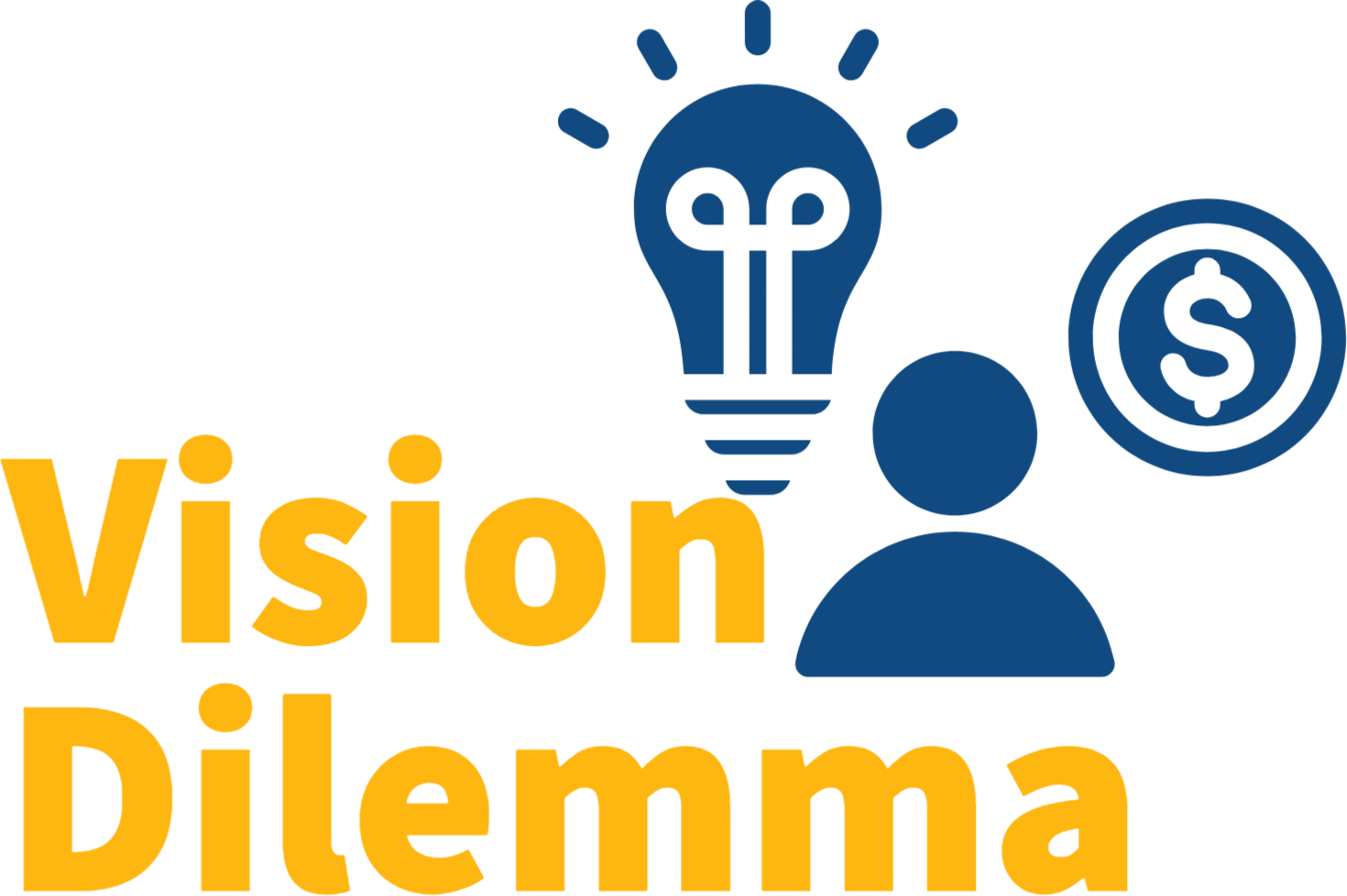As entrepreneurs, our decisions can make or break our businesses. But, not all decisions are created equal, and some require a more critical approach than others. Below we’ll explore some critical decision-making methodologies that can benefit entrepreneurs.
SWOT Analysis. SWOT analysis is a classic decision-making tool that stands for Strengths, Weaknesses, Opportunities, and Threats. This methodology involves identifying and analyzing internal and external factors that can impact the business. Entrepreneurs can use SWOT analysis to make informed decisions about new ventures, products, or services, and to gain a better understanding of the competitive landscape.
Cost-Benefit Analysis. Cost-benefit analysis is a methodology that involves weighing the costs and benefits of a particular decision. Entrepreneurs can use this methodology to evaluate potential investments, product launches, or expansion plans. By weighing the costs against the potential benefits, entrepreneurs can make more informed decisions that factor in both financial and non-financial considerations. Here’s a helpful breakdown of how to perform a cost-benefit analysis.
Decision Trees. Decision trees are visual representations of decision-making processes that involve multiple outcomes and possibilities. This methodology can be useful when making complex decisions that involve numerous variables. Decision trees can help entrepreneurs identify potential outcomes, assess the likelihood of each outcome, and evaluate the potential impact of each outcome.
Scenario Planning. Scenario planning involves creating multiple hypothetical scenarios that could impact the business and evaluating the potential responses to each scenario. This methodology can be particularly useful when planning for the future or when entering into uncertain markets. By evaluating a range of potential outcomes, entrepreneurs can develop contingency plans and prepare for any eventuality.
Lean Startup Methodology. The lean startup methodology is a popular approach to decision-making that involves iterative experimentation and feedback. This methodology involves building a minimum viable product (MVP) and testing it with customers to gather feedback. Entrepreneurs can use this feedback to make informed decisions about product development, marketing, and other aspects of the business.
There are many decision-making methodologies that can benefit entrepreneurs. By using tools like SWOT analysis, cost-benefit analysis, decision trees, scenario planning, and the lean startup methodology, entrepreneurs can make more informed decisions that factor in a range of variables. Ultimately, critical decision-making skills are essential for any entrepreneur looking to build a successful business.




